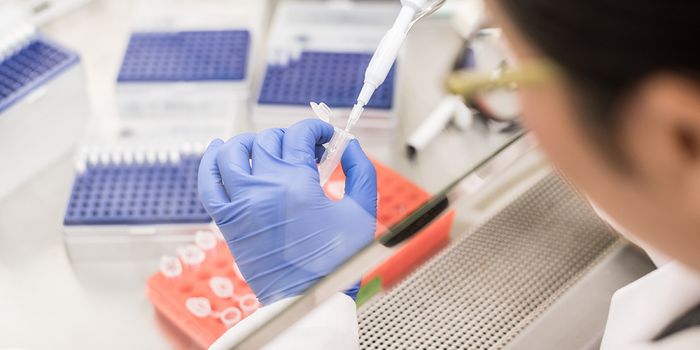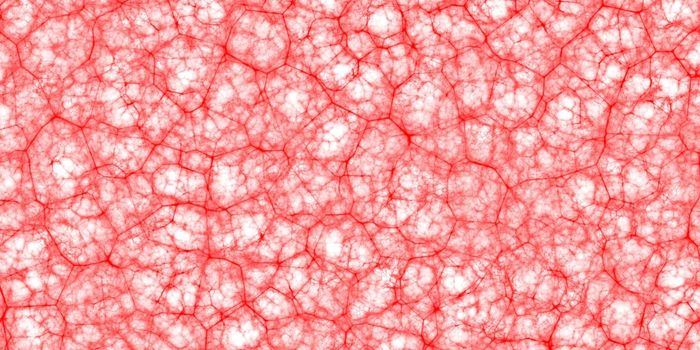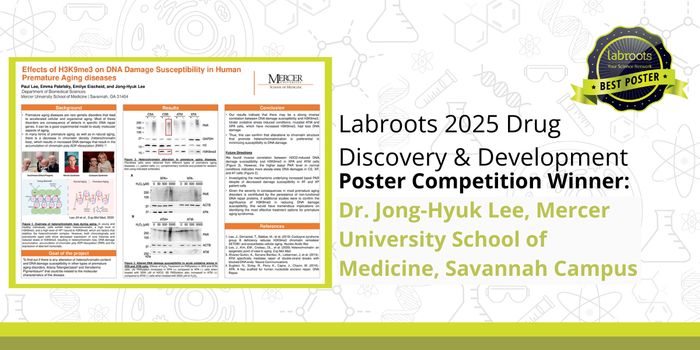Electrochemicals Fuel The Path for Drug Discovery
Drug discovery scientists at Cornell University have diverted away from the traditional synthetic chemistry into a more innovative approach—using electricity to drive new chemical reactions! The new study titled “, "Dual Electrocatalysis Enables Enantioselective Hydrocyanation of Conjugated Alkenes," published in Nature Chemistry, could be the first step to developing low-cost drugs.
"This really allowed us to improve the selectivity of the reaction, so you can get a product pure enough to be used, potentially, for drug discovery purposes," says senior author, Song Lin who is an assistant professor of chemistry and chemical biology in the College of Arts and Sciences. "While this work does not necessarily change the way the drugs are manufactured, it does provide us with access to a large variety of analogs."
The Lin lab aims to explore the potential power of electrochemistry which isn’t a fairly new concept. Electrochemistry has been heavily discussed in energy research and less commonly in chemical synthesis.
Learn more about electrochemistry:
"We have two different catalysts in the system, and each of them takes on a specific role," Lin said. "Electrochemistry allows us to combine these two chemical systems seamlessly, and power multiple chemical cycles or different oxidation events in the same reaction system."
Source: Science Daily









